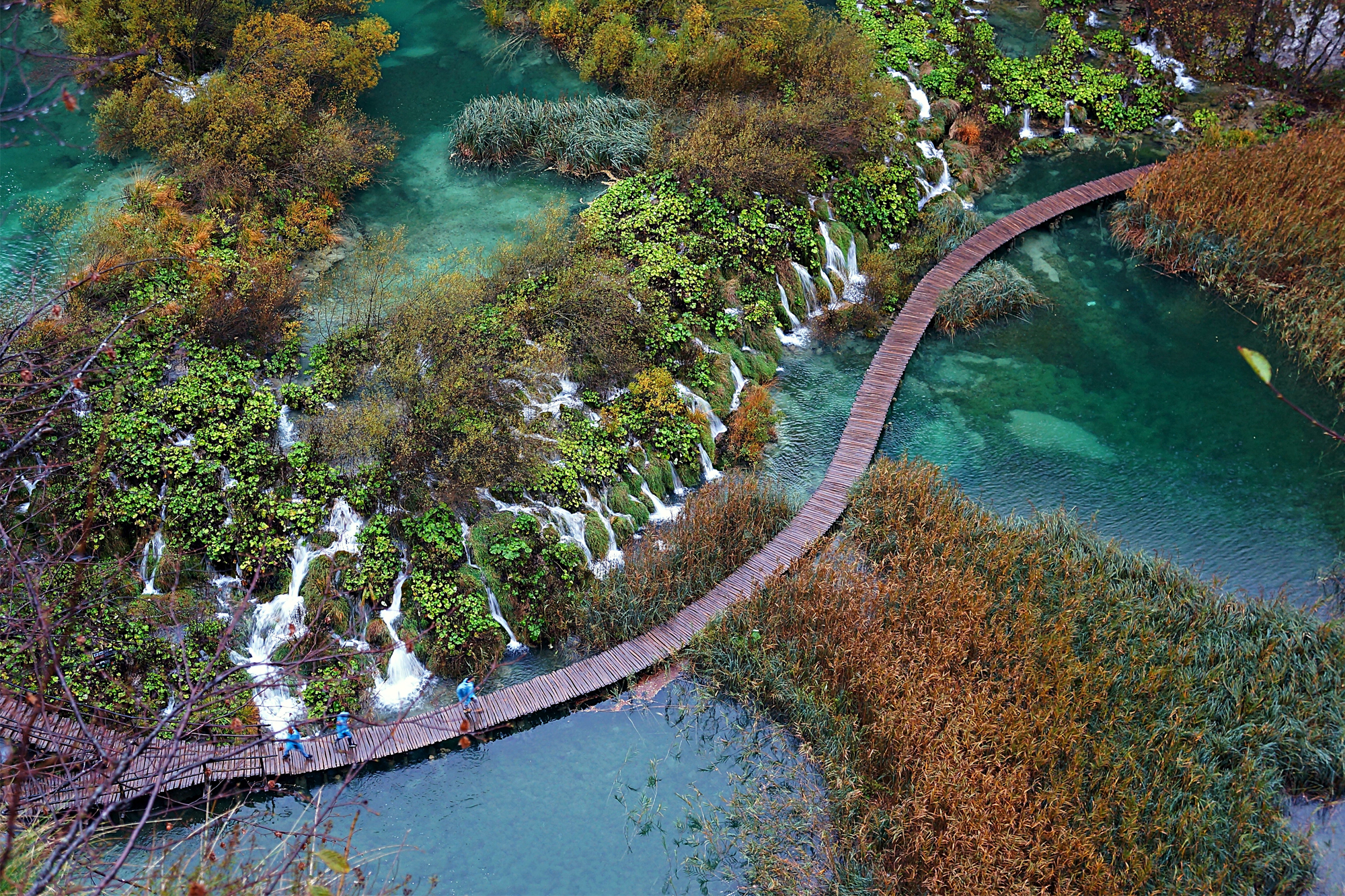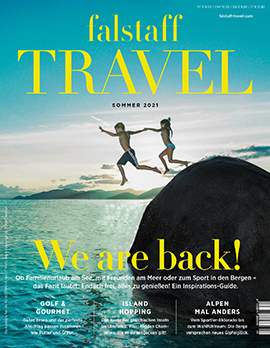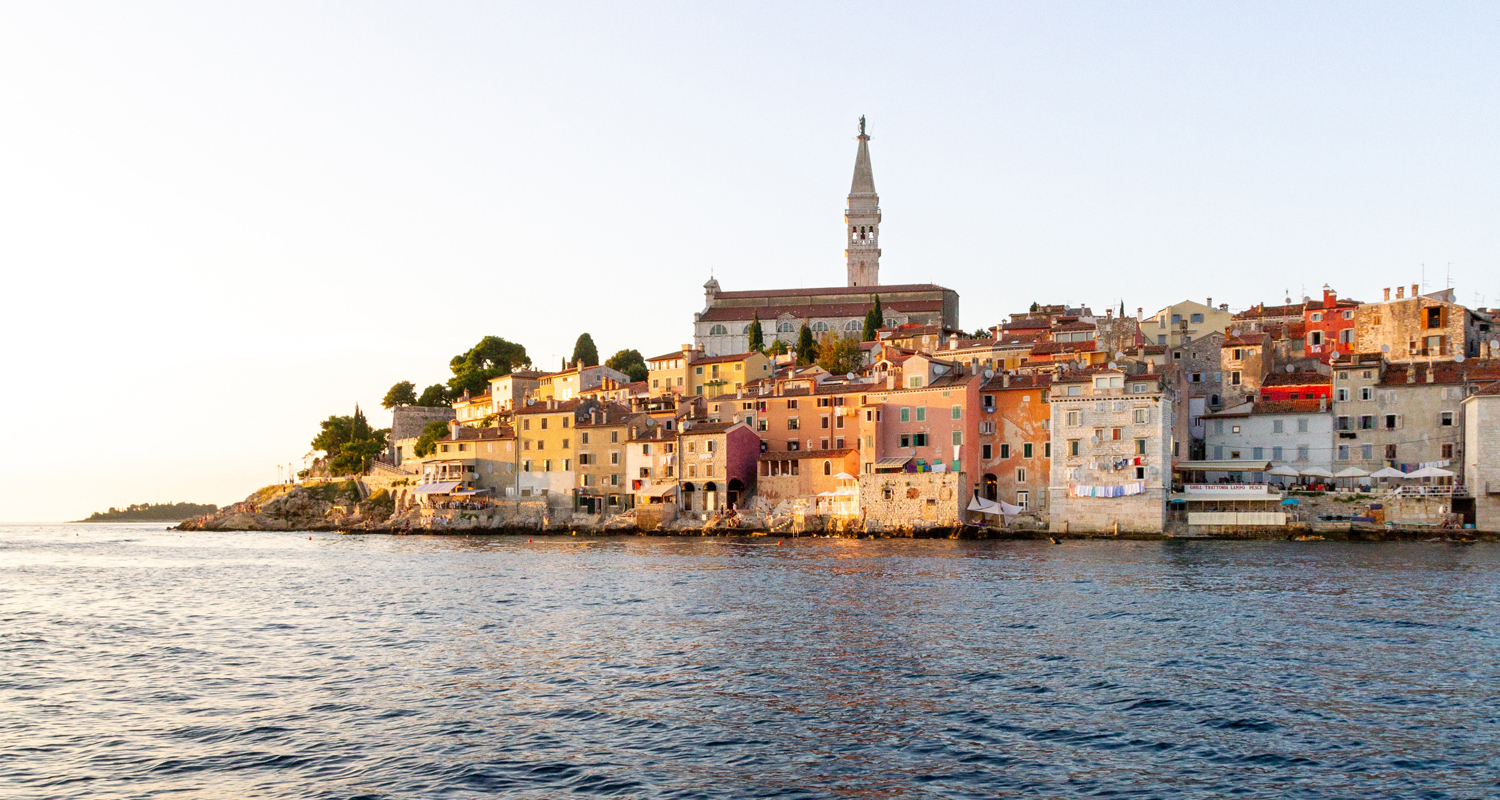
5 phrases you should know when vacationing in Croatia
Those who can converse fluently with the locals on holiday are clearly at an advantage. Sometimes, however, the most important phrases are enough to communicate. These five phrases are helpful for your stay in Croatia.
16 October 2021
A visit to Croatia is a good idea all year round. It's worth a visit not only for the beaches, but also for its stunning nature, fascinating cities and delicious Croatian cuisine. The locals are considered very friendly, which is why it always pays to learn a few phrases in Croatian.
1. say thank you
Politeness is an adornment that is equally well received in any country. That's why the word "Hvala", which translates as "Thank you", is certainly one of the most important words for the entire stay. If you want to go one better, you can say "Hvala puno", which means "Thank you very much".
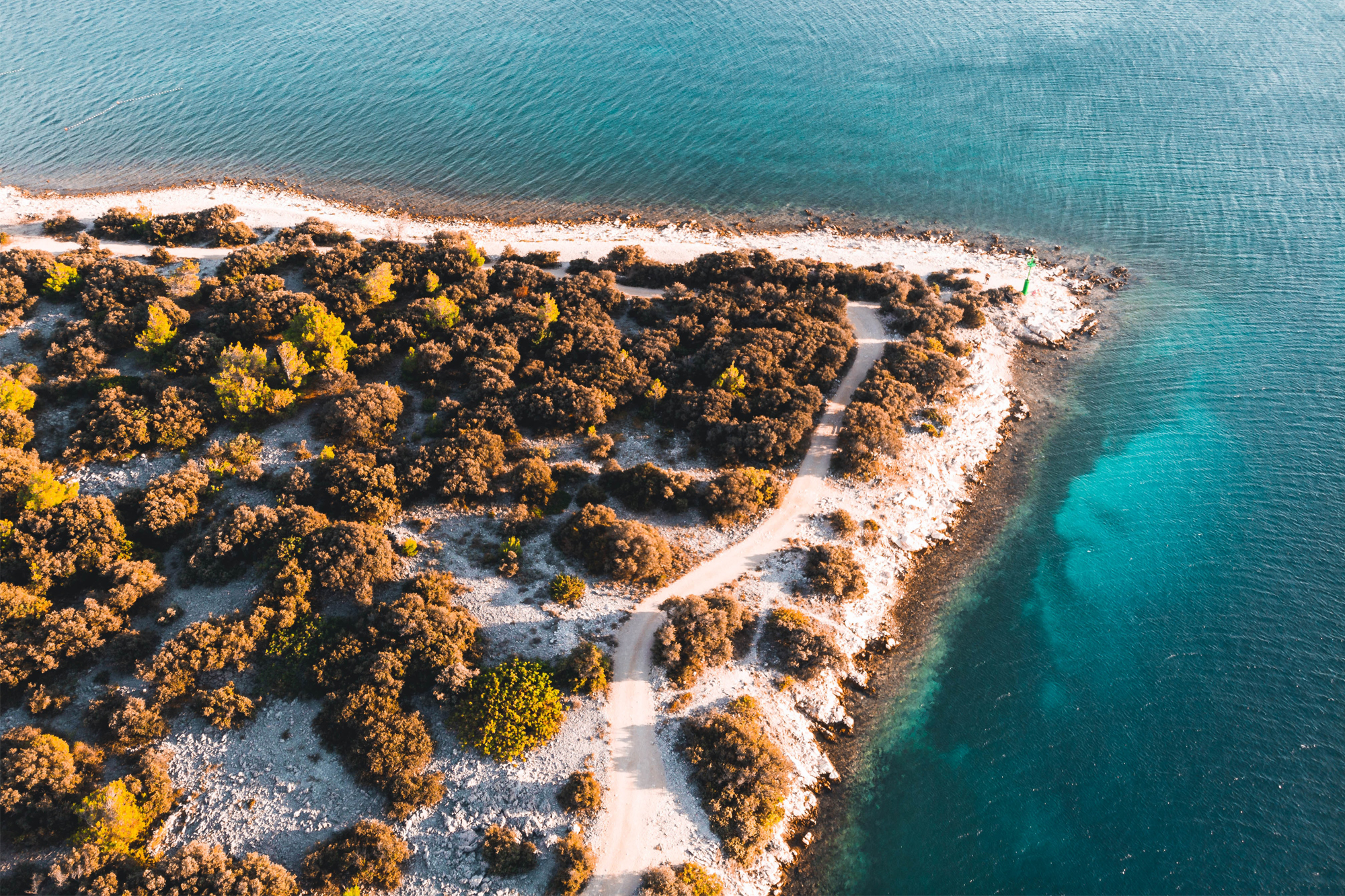
2. greetings for each time of day
Whether at the breakfast buffet, when entering a shop or in the evening at the restaurant - a greeting is simply part of it! If you want to wish a good day, it is best to say "Dobar dan". It's polite and appropriate throughout the day. If you also get up early on holiday, you even get the opportunity to greet your counterpart with a "Dobro jutro", which means "Good morning". The appropriate phrase for the evening would then be "Dobra večer". Of course, there are also less formal ways of greeting: You can greet friends or acquaintances simply with the word "Bok", which colloquially means something like "Hi" or "Hello".
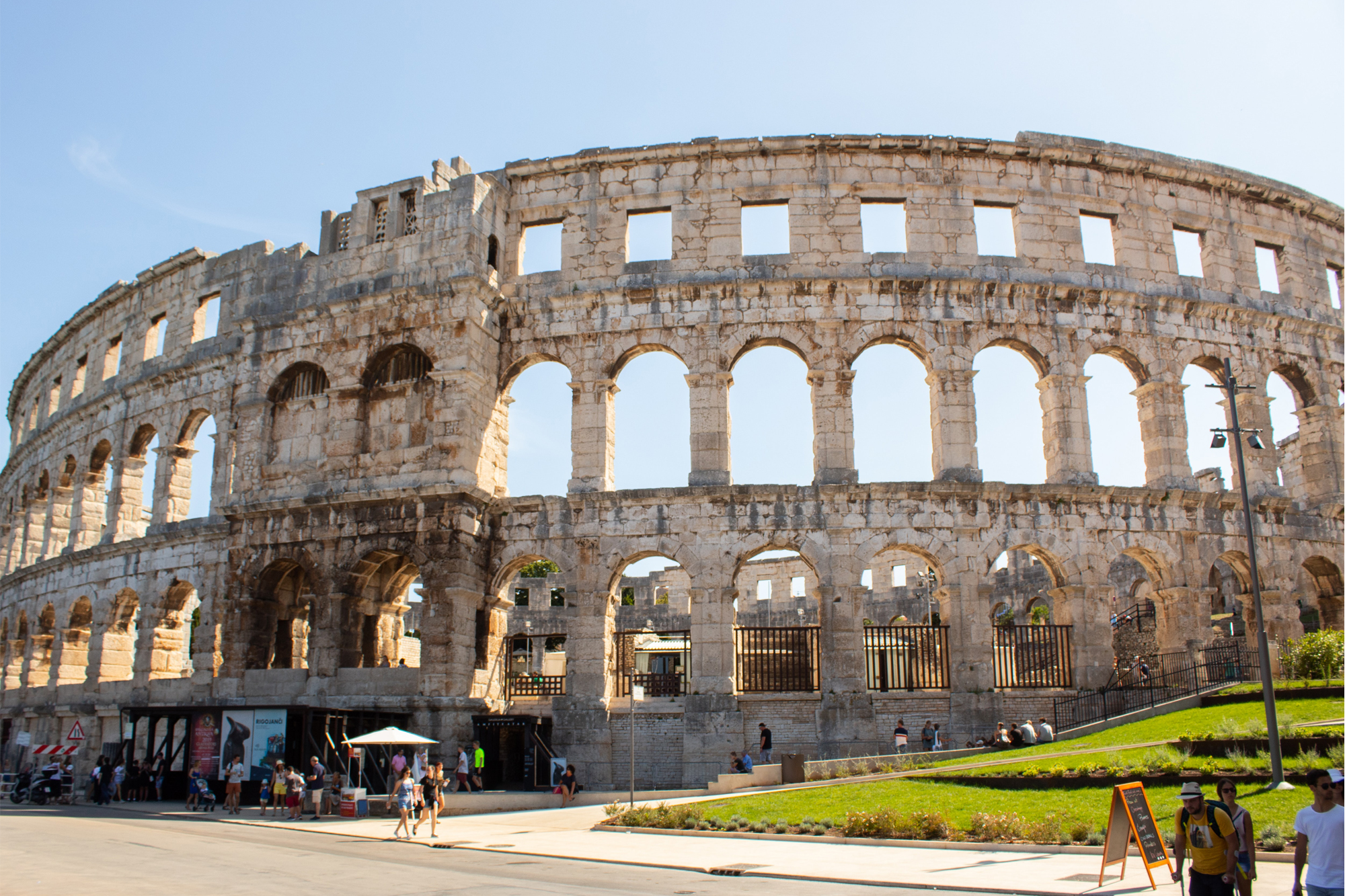
3. useful phrases for the visit to the restaurant or café
Ordering in the language of the country can make a stay in the holiday destination a real experience. At the same time, of course, it also goes down well with the waiter and can have a correspondingly positive effect on the service. The easiest way to express your wish is to add a "molim" to the sentence after your order. "Kava, molim" then means something like "coffee, please." Before you start eating, you may want to wish them a good appetite: With the two words "Dobar Tek" this works quite easily. You can also use the previously learned "molim" again when paying. "Račun, molim" means "the bill, please."
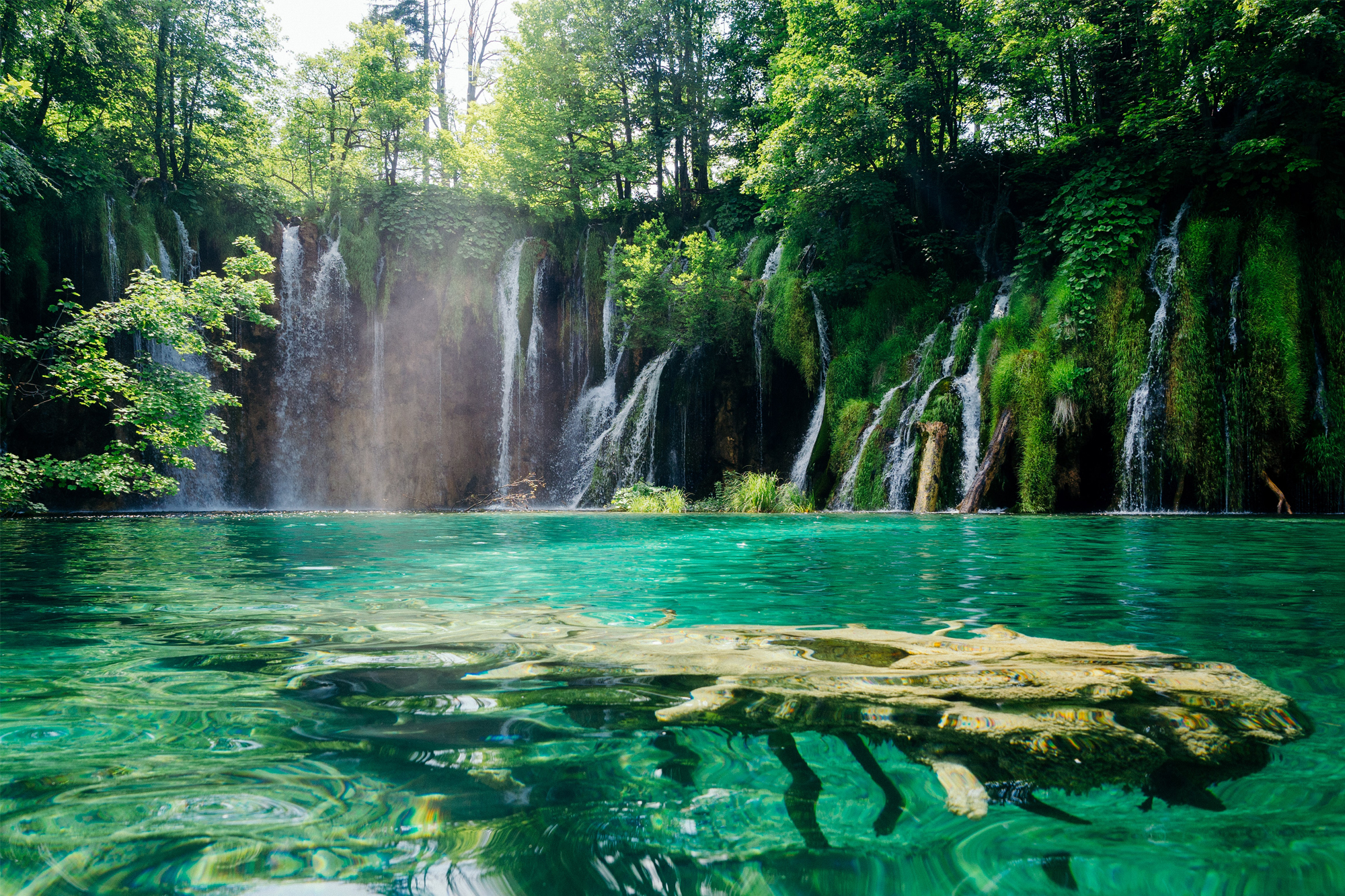
4. oprostite, gdje je WC?
One little word in this sentence already suggests what this is all about. Especially on vacation, when you go on a trip or are on the road, it may well happen that you have to use the toilet or a public toilet in a restaurant. With "Oprostite, gdje je WC?" you can ask where the toilet is.
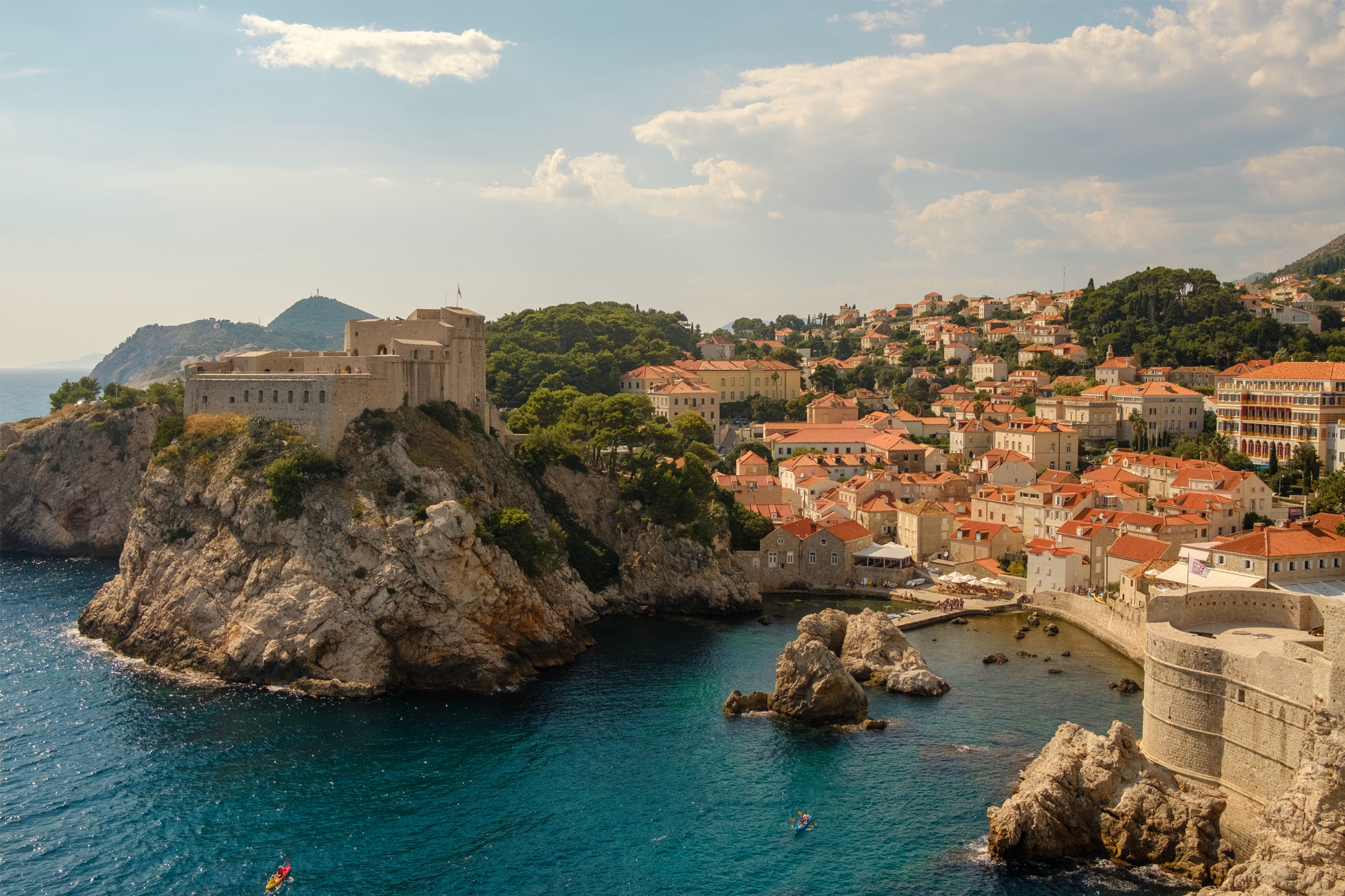
5. how to continue in english
Since Croatian is not the easiest language for most people, you will surely come to the point during your holiday where the conversation will continue in English. If you want to know if the person you're talking to speaks English, remember this phrase: "Govorite li engleski?" In the best case, your conversation partner will answer with "Da", which means "Yes", and you can continue to communicate in English.
